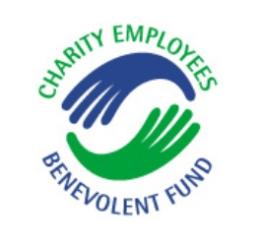Civil society support for the Charity Employees Benevolent Fund is gathering pace with a number of charities and suppliers to the sector having pledged significant sums.
The NCVO – whose chief executive, Stuart Etherington, is president of the Benevolent Fund – has pledged £3,000 a year and will match any staff donations through payroll. He is also leading by example by becoming the first employee to donate direct from his salary.
Law firm Bates Wells and Braithwaite has pledged £2,500 on an annual basis, Charity Bank has offered £1,000 and Civil Society Media has given £1,000 and donated time and expertise to build the new CEBF website.
The Institute of Fundraising is matching staff donations through payroll and recommending that its members do the same. Chief executive Lindsay Boswell said the Fund had got under way at just the right time and that the expected hardships of the next few years might be the making of it.
Other charity donors include Age Concern, Anchor Trust, Batchworth Trust, Bulldog Trust, Cancer Research UK, the Footwear Benevolent Fund, Leonard Cheshire Disability, Marie Curie Cancer Care, the Order of St John, Mencap, the RSPCA and Sue Ryder Care.
Non-charity donors include the Social Investment Business, Barclays and the Co-operative. Prospectus has promised an annual percentage of profits and Odgers Ray and Berndtsen will make an annual donation and is sponsoring a funding event for the CEBF in September.
Chief executive Gill Gibb (nee Nunn) said around £125,000 had now been raised by the Fund since its inception. "It's going quite well, but it could always go better," she said. "Asking charities and corporates for money in this environment is a hard sell, but we have got a compelling case."
Almost 70 people had applied to the Fund for help and so far all have been able to be helped, though not all have been given grants. Some simply require advice, and Gibb said a number of other benevolent funds were helpfully providing assistance in that respect.










